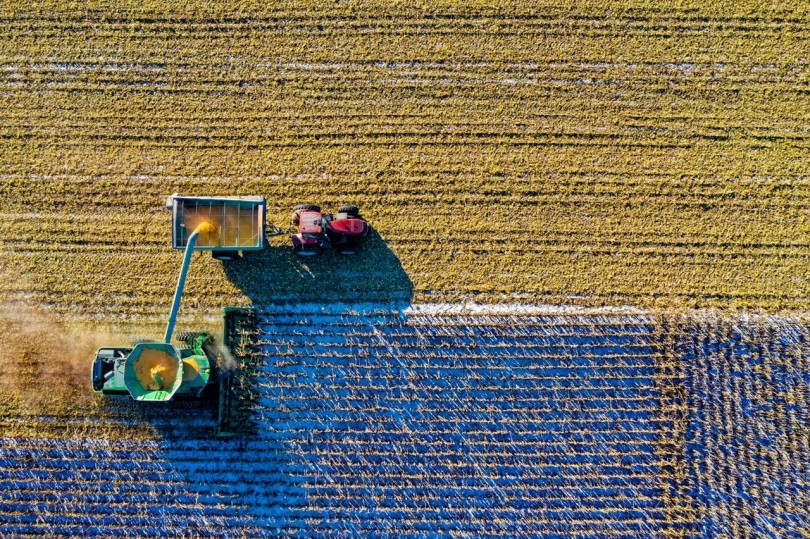22 Apr 24
Lab ChatLabworx
The Global News Source for the World of Science and Chemicals
What is “VERTICAL FARMING”
19 September 2019
Lab Chat
The UAE boasts a population of 9.4 million and a thriving economy based largely on fossil fuels, but one sector in which it falls far behind other parts of the world is food security. With a harsh desert climate and scarce water resources, the country is forced to import as much as 80% of its food from overseas. Indeed, by some estimates, a mere 10-15% of Emirati food is locally sourced.
Cognisant of this fact, and of the challenges which are only set to intensify as the global population increases, climate change intensifies and energy sources transition away from oil and gas, the UAE government has been looking to diversify its economy and become more sustainable and self-sustaining in its agricultural approach. Vertical farming could form the backbone of a successful strategy to achieve those aims.
Onwards and upwards
As the name suggests, the practice of vertical farming involves growing crops or plants on stacked layers, one above the other. This is usually conducted inside a controlled environment, where factors such as temperature, humidity and wind strength can be minutely monitored and adjusted to achieve the optimum conditions for the cultivation of the flora in question.
In the UAE, vertical farming has become more and more popular in recent years. “Vertical farming is the future of sustainable agriculture in the UAE,” explains Mustafa Moiz, the managing director of homegrown company Uns Farms. “We import a huge amount of goods, and need to find ways of being not only more sustainable but more self-sustaining as well, meeting local demand through local production.”
Meeting other environmental challenges
As well as utilising space more effectively and circumventing the harsh extremities of the Emirati climate, farmers are combining vertical farming with hydroponics to meet the growing demand. Hydroponics are capable of achieving the same if not better yields as traditional farming methods, but consume a mere 5% to 15% of the water that those techniques use. This makes them incredibly more efficient and affordable, as well as perfectly suited to the UAE’s climate.
Meanwhile, the fact that these modern approaches to farming dispense with soil in favour of water means that there is no need to use pesticides in their cultivation. This could be an important revelation for agricultural practices elsewhere, given the fact that we are heavily dependent on pollinators such as bees and that pesticides can be deadly to these beneficial organisms.
Bright future for UAE
Over recent years, several different organisations have been working towards a more sustainable food security situation within the UAE. For example, the International Centre for Biosaline Agriculture (ICBA) has devoted resources towards promoting methods such as vertical farming and hydroponics and their hard work appears to be paying off.
Last year, the UAE moved up two places to 31st in the Global Food Security Index (GSFI) based on the criteria of affordability, availability, quality and safety. It is an impressive fourth in terms of food affordability, but a disappointing 50th in food availability, which is why its current setup is so reliant on importation. However, with vertical farming and hydroponics behind it, the sky could be the limit for Emirati agriculture.
DOWNLOAD PDF

2 Day Seminar Program
@ ArabLab+ 2024
24 & 25 September 2024
Your stay in Dubai
Labkit
Product News
Chemkit
Product News
Thinking about exhibiting at ARABLAB 2024? Watch our video to find out more.
Join the world’s leading organisations…
Get in touch and stay in touch…
Join our mailing list and receive the ARABLAB newsletter and event updates.





















